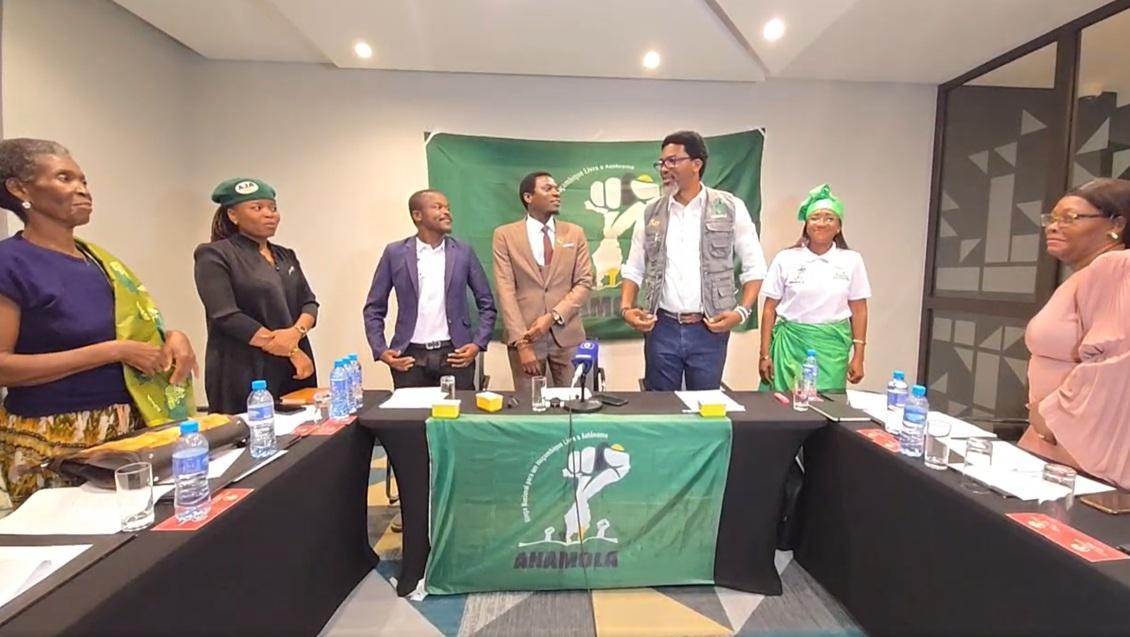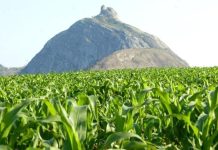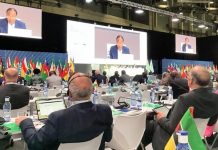Africa-Press – Mozambique. Mozambique’s political party Anamola said on Sunday that it wants a parliamentary political system, with the prime minister as head of government, disclosure of election results within five days of the vote and a parliament with the power to proceed with “impeachment”.
“We are proposing that Mozambique’s political system should become parliamentary, which means that the President of the Republic would be directly elected and this means that he would have the power to guarantee the Constitution and the prime minister would be the head of government,” said the spokesman for the National Alliance for a Free and Autonomous Mozambique (Anamola) party, Dinis Tivane, at a press conference in Maputo.
The issue is the start, on Monday, of the national public consultation on the political dialogue, with the Anamola party saying that it will go ahead with a parallel consultation, the results of which it intends to send to the Technical Commission for National Dialogue (Cote), created to make this process operational.
In his statement, Anmola’s spokesperson said that the party would proceed with a proposal in which the President of the Republic, elected by universal suffrage, would appoint the Prime Minister and have the power to dismiss the government and dissolve Parliament.
It is proposed that the head of state should have the power in international relations to lead foreign policy and appoint ambassadors, declare a state of siege, and declare war.
“The Parliament will now have powers of impeachment. If the president can dissolve parliament, then this same parliament can also impeach in situations where the President is behaving in a way that is contrary to patriotic or constitutional principles,” said Tivane.
Anamola also wants the President to stop appointing university rectors and the governor of the central bank, and proposes that magistrates in the judiciary be elected by their respective supreme councils, with independence and autonomy.
Electoral Court, with appeals going to the Supreme Court
This party also proposes the creation of an Electoral Court to handle disputes during the electoral process, with the validation of election results being transferred to the Supreme Court, and the Constitutional Council (CC) being limited to addressing constitutional matters.
Anamola further suggests reformulating the Constitutional Council to consist of nine judges, eight of whom come from the judiciary, and a speaker of parliament.
“We think that the Constitutional Council is a completely unleashed power, a power with no limits whatsoever. All the other magistracies have them (…) it doesn’t make any sense for the CC not to have an inspectorate, not to have a disciplinary board,” said Tivane.
Venâncio Mondlane’s party argued that the National Electoral Commission should be transformed into an Independent Electoral Commission that would be “made up of 11 members with its speaker elected by parliament. Of the 11 members, three would come from the judiciary, three from the administrative judiciary, three from the Public Prosecutor’s Office, and one elected by the jurisdictional council of the Bar Association.”
On the other hand, Anamola wants the election results to be published within five days of the vote, as well as changes to the formation of the lists.
“We want the MPs to be chosen by the Mozambican people, the list cannot simply be closed (…) in strict respect for this constitutional precept, all MPs should present their candidature. They’re going the party route, but they should show themselves,” said the Anamola spokesman.
The Anamola party once again criticised the lack of integration in the technical commission for the ongoing political dialogue in Mozambique and announced a parallel hearing.
In April, Mozambican President Daniel Chapo promulgated the law on the Political Commitment for an Inclusive National Dialogue, approved days earlier in parliament, based on the agreement with the political parties, signed on 5 March, to overcome the violence and social unrest that followed the October general elections.
For More News And Analysis About Mozambique Follow Africa-Press






